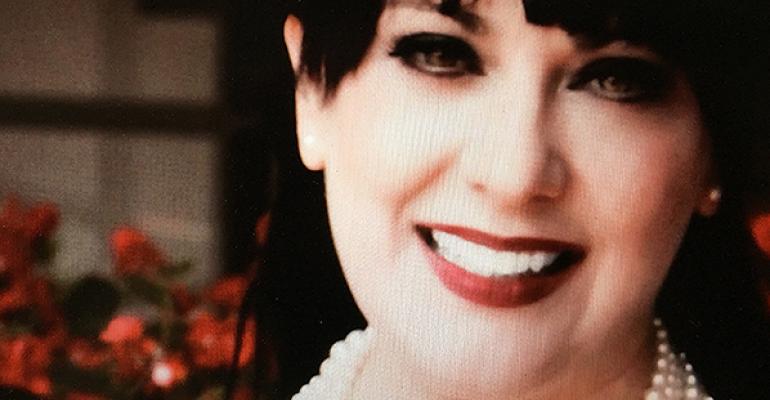 As a professional event planner and owner of one of Santa Barbara’s leading event planning companies, I have seen my share of ethics issues in all shapes and sizes with fellow businesses.
As a professional event planner and owner of one of Santa Barbara’s leading event planning companies, I have seen my share of ethics issues in all shapes and sizes with fellow businesses.
In some cases, it is simply inexperience and naiveté. In other cases, there are gross violations by those individuals who are experienced and should know better but who--at all costs--will do anything to make money or make decisions for their own personal gain. We’ve all seen it.
My goal in writing this post is to provide a place for dialogue on real life situations from the field and, if necessary, healthy and respectful dissension to foster progress in our industry. I suspect the dialogue will always be ongoing.
John J. Daly Jr., founder of John Daly Inc. and dubbed "the guru of event design" by Special Events magazine in the mid-1980s, is also known as a leader in ethics. After retiring from events, John founded The Key Class, a program to provide young people with the social skills they need to transition from school to the working world. He is also the author of the book "The Key Class," the go-to guide for good manners and job search success. I approached Mr. Daly for his definition of ethics. Here is what he shared with me:
What ethics is not: “Always doing everything correctly; never making mistakes; never doing anything we would regret; never missing paying a bill; never saying anything that is not proper.”
And here is what he suggests ethics is: “Recognizing our mistakes; making amends for mistakes; reversing the damage of our behavior; explaining truthfully why you missed paying a bill ; apologizing to someone that we have hurt with words written or spoken; not sharing harmful information with others.”
Consider the following real story with a professional wedding floral designer in California:
The bride had contracted the florist for her wedding at a private estate. The private estate has always required a same-night strike, and the bride knew to let the florist know of this in her quote. The florist quoted an extra $300 for late-night strike, and the contract was set.
Approximately one month before the wedding date, the bride’s coordinator found out that the private estate had a rare opportunity to allow all vendors to strike the following Monday, and contacted the bride’s suppliers to let them know.
All the suppliers immediately took off their heavy overtime “late-night strike” fees for the bride--except for the florist, which said that it would only offer the bride extra florals in the amount of the late-night strike fee. The florist told the bride that she had to take that offer or leave it.
The bride did not want extra florals and could not understand with still a month before the wedding, how a labor fee--which had not even been paid to the florist’s staff yet--could not be refunded. The florist said that was the only option.
And now, with that shared, what are your ideas about ethics in our special event industry? What do you think about the story of the florist shared above? What would you do--as the coordinator, client or florist? Did they do anything questionable at all in your opinion? Why or why not?
Join the conversation by posting a comment on this blog and on social media with #ThinkAboutItEventIndustry.
Kerry Lee Doehr is CEO/founder and CEO of event planning business Santa Barbara Wine Country Weddings and Events, as well as Engaging Inspiration, a business dedicated to marketing, events and training for the special event and hospitality professional. She is committed to progress in the industry that goes beyond trend and design, saying, "Who we are and how we handle ourselves ethically is more of a barometer to business longevity and branding than all the money in the world spent on advertising."




